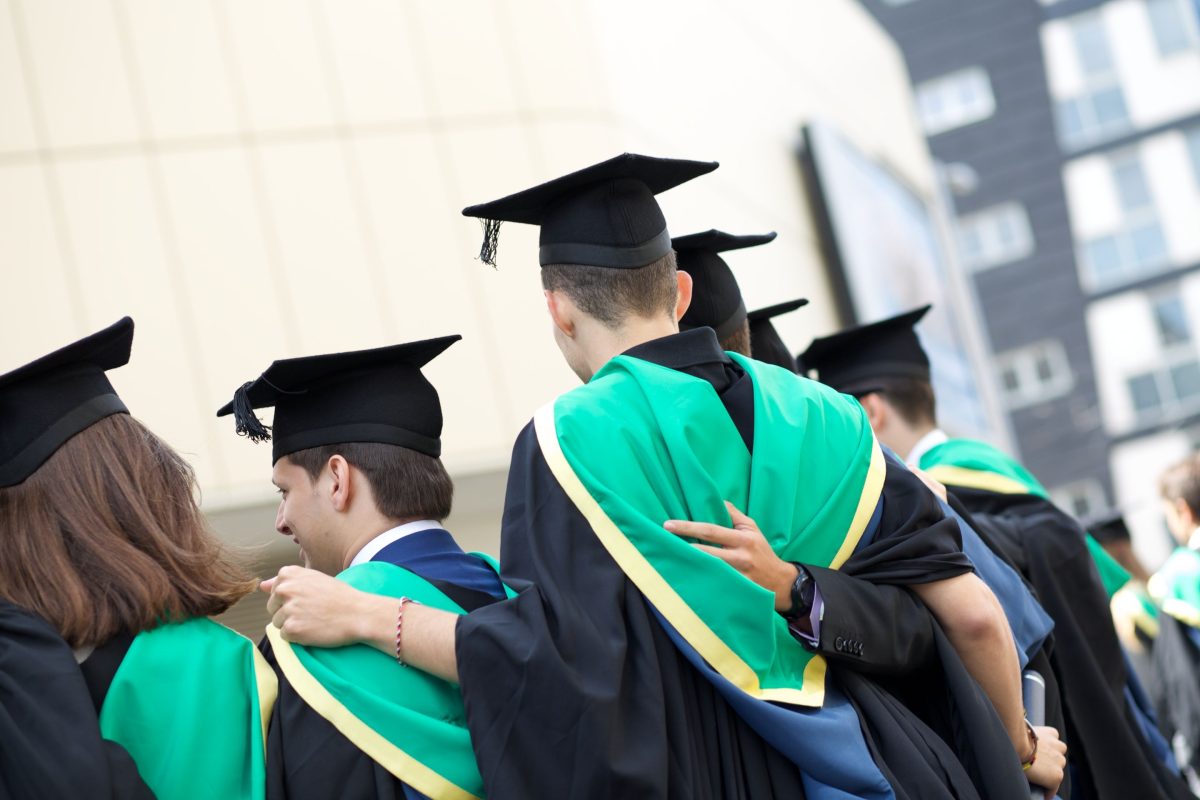By Marian Baker, Class of 2017
Several weeks ago, Caleb Bonham, a reporter for the blog “Campus Reform,” asked several Harvard students which was the bigger threat to world peace: the United States, or ISIS? Though their reasons varied, all of the students gave the same response: the United States. Most cited the United States’ continued dedication to protecting its own oil interests in the Middle East as a serious barrier to globalized peace and prosperity.
Hosts from the Fox News show “Outnumbered” soon picked up the video, mocking the students as out-of-touch, coddled “elites.” One guest on the show, a country music artist, even went so far as to say that these students “need to be eliminated from the gene pool” because they “don’t understand the sacrifice” of U.S. veterans.
Why the hostile reaction? These students were not attacking the U.S. military at all; they were simply questioning current foreign policy in a cogent manner.
These students’ ideas were dismissed not because they were misinformed, but because they came from the academic elite – a group seen to be set apart from other “average Americans.”
Why the mistrust? Perhaps it stems from the idea of an America that was built on the principle that “all men are created equal.” Our forefathers were simple farmers fighting the big bad English monarchy. They were regular people like you and me, not Harvard elites. The idea that someone can be an expert, i.e. an elite, does not fit into this model of America. Thus, anyone considered an elite is mistrusted and labeled a danger to American values.
This phenomenon of mistrust of academics in America is perhaps most visible in the anti-vaccine and climate change-denying movements.
In the case of the anti-vaccine movement, parents put more stock into anecdotal evidence that vaccines cause autism than in repeated assurances from medical professionals that this is not the case. Similarly, climate change deniers discount the consensus of the scientific community regarding climate change. In both cases, a mistrust of academia lies at the very core of issues vital to American society.
The stereotype of the liberal, humanist academic is also quite pervasive in American society. Perhaps the most poignant representation of this stereotype is the stubbornly atheistic professor from the recent movie “God Is Not Dead.” For many Americans, he is exactly the person that they envision teaching college students and that scares them. My family is no different: after my highschool graduation, I was even given several books on how to “preserve and defend my values” in the upcoming encounters I would inevitably have with such educated, authoritarian figures.
As students, this is an issue that has a certain significance for us. If we choose to continue our education, why should that discount us from contributing to public opinion? Just because we become a part of the “academic elite” does not mean that we should be ignored as “out-of-touch” with the average American. I argue that we can be educated and still be human, still be neighbors, brothers, sisters, and parents. We can still be Americans – intellectual, educated, smart Americans. After all, that is what democracy is truly based on – education.









































